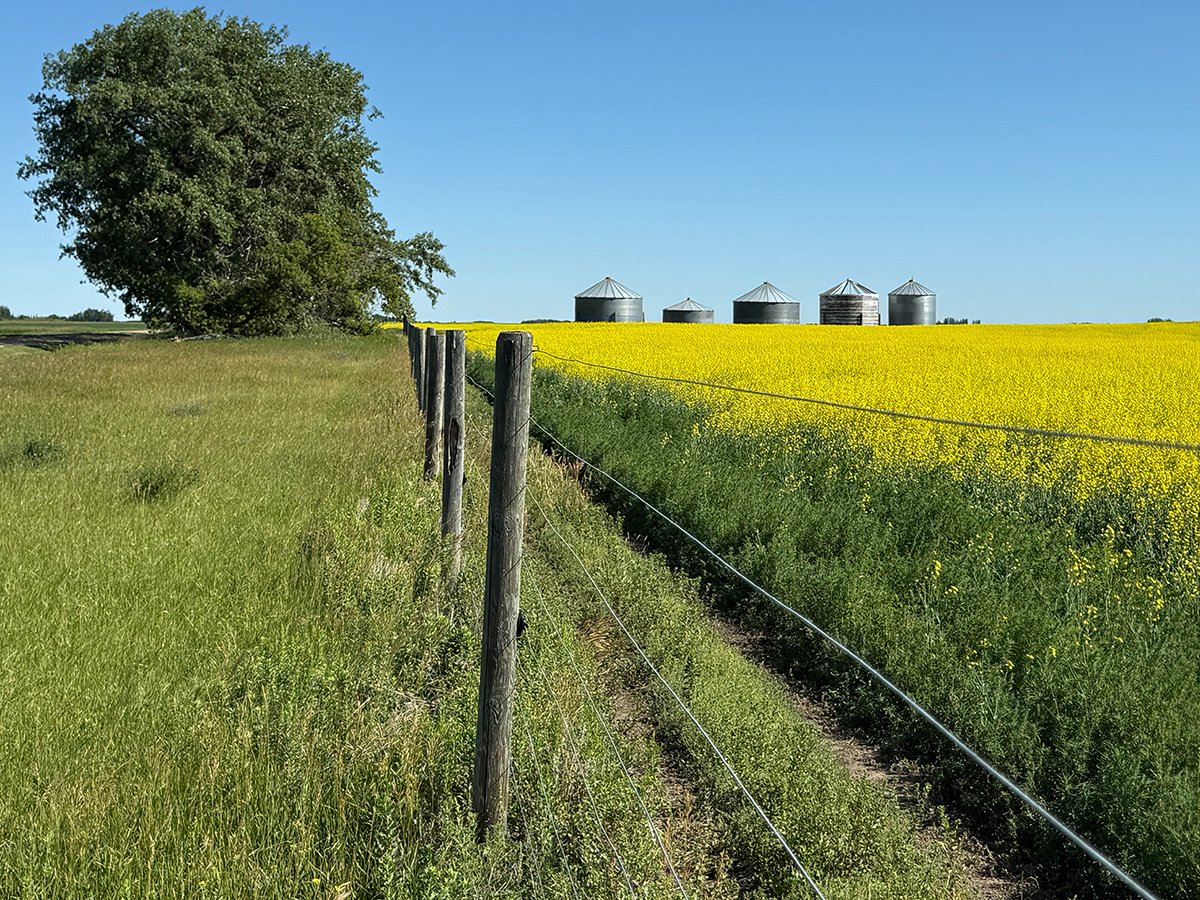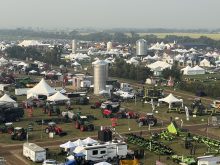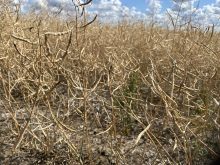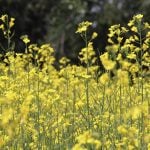WILL THE next national chief of the Assembly of First Nations automatically become the most prominent and powerful indigenous leader in Canada?
Most people who take only a casual interest in Aboriginal politics would say yes. After all, during the past 18 years the national chief has been the most prominent leader among Indian, Metis and Inuit politicians.
People who take a close interest in our politics, however, would say the answer is less clear. Prominence and power are not the same.
Recent national chiefs like Phil Fontaine, Mathew Coon Come and Ovide Mercredi have had a major impact on the national consciousness but this has more to do with the force of their personalities than institutionalized power.
Read Also

Producers face the reality of shifting grain price expectations
Significant price shifts have occurred in various grains as compared to what was expected at the beginning of the calendar year. Crop insurance prices can be used as a base for the changes.
Fontaine’s profile relates to his years in politics dating back to a role in engineering Elijah Harper’s famous “no” votes in the Manitoba legislature that killed Brian Mulroney’s Meech Lake Accord in 1990.
Fontaine’s greatest fame came from his negotiation of a compensation package for survivors of the now infamous Indian residential schools.
Fontaine was a diplomat who would give something to get something; Mercredi and Coon Come were principled idealists and critics of the federal government who made Canadians take notice of First Nations issues.
These two approaches, idealism vs. compromise, are central to First Nations politics. In legal or formal terms, the national chief has little power that extends beyond operations of the AFN office.
The powers of indigenous governance rests with individual First Nations. All provincial grand chiefs as well as the national chief are elected by the chiefs and represent First Nations.
A lot of people want the national chief and grand chiefs to be elected by the general population of First Nations people.
This sounds good in theory but it would be difficult without a number of changes.
The first obstacle is that political organizations and the Assembly of Manitoba Chiefs have moral authority and lobbying skills, but no legislative power. It would be difficult to get a large percentage of people to vote in an election for a position that is without legal and governance power.
Also, campaigning in more than 600 First Nations across the country would be expensive for the candidates.
If candidates were not adequately funded, it would be impossible to disseminate the information voters would need to make an informed choice. If they were adequately financed, where would that money come from?
Would corporations be making donations, hoping to buy themselves a national chief? They would try.
I know that some non-indigenous readers would say that the system of mainstream political parties is run through donations, and that is precisely my point. The non-Aboriginal system has been badly warped by money.
I’m all for democracy. I just don’t think it should be up for sale.
Morris Swan Shannacappo is grand chief of the Southern Chiefs Association in Manitoba.





![Protesters crowd a street carrying signs that read, "Global warming real. In other news, water is wet," and "Stop denying the [blue painted pic of the Earth] is dying."](https://static.producer.com/wp-content/uploads/2025/07/29145152/158171_web1_2019-10-18T222818Z_1221762151_RC14C26A65A0_RTRMADP_3_CLIMATE-CHANGE-THUNBERG-1200-220x165.jpg)









